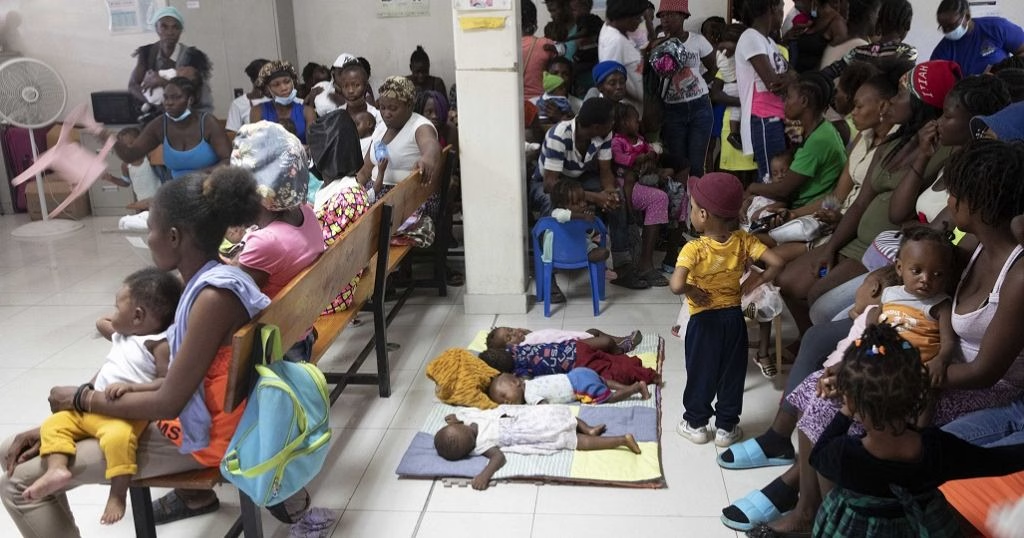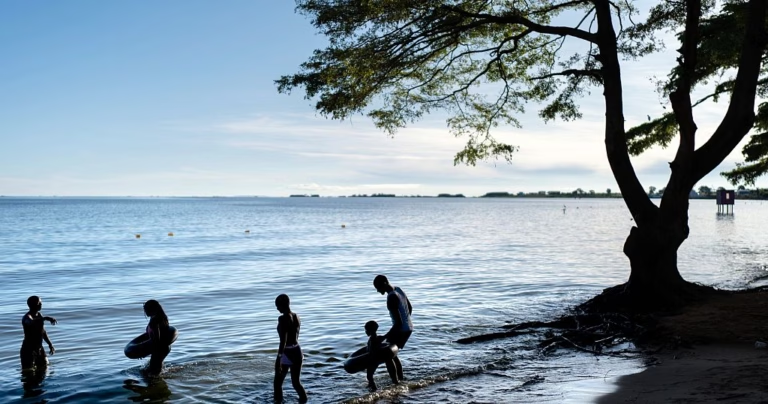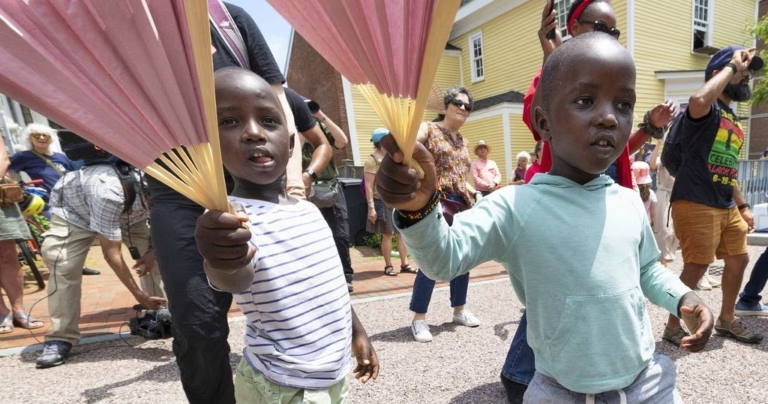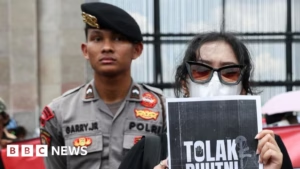The Deputy Executive Director of UNICEF, Ted Chaiban, recently visited children who have been internally displaced along with their families due to violence in Haiti. These children, affected by this challenging situation, are currently living in internally displaced persons (IDP) camps. Despite the difficulties, they strive to maintain a semblance of a normal childhood. According to the United Nations migration agency, internal displacement in Haiti has tripled in the past year, affecting over 1 million individuals, with half of them being children.
The rampant violence in Haiti has left more than 6 million people requiring humanitarian aid. UNICEF’s focus is on internally displaced individuals living in shelters, clinics, and schools that the organization has funded or supported. Chaiban visited one shelter in Port-au-Prince that was accommodating 7,000 people, far exceeding its intended capacity of 700.
Chaiban, who previously lived in Haiti, described the current situation as “unprecedented.” UNICEF estimates that between 30% and 50% of gang members are adolescents or even children, while agreements between the Haitian government and the Multinational Security Support Mission stipulate that captured minors should be handed over to civilians for community reintegration support. Chaiban emphasized the importance of treating them as children.
In Haiti, where over 60% of the population survives on less than $4 a day and many are facing starvation, the recruitment of children is often easy. UNICEF, in collaboration with the Haitian government, is developing programs to reintegrate and educate these minors. However, concerns regarding funding persist. Chaiban estimated that UNICEF will need $272 million this year, but they have only managed to raise $15 million so far.
Haiti has been spiraling into turmoil since the assassination of President Jovenel Moïse in July 2021. Gang violence escalated in early 2024 when attacks were launched on two of the country’s largest prisons and over 4,000 inmates were freed. This resulted in gangs controlling 85% of Port-au-Prince.
Source: http://www.africanews.com/2025/03/20/haiti-unicef-focuses-on-shelters-for-displaced-children-amid-ongoing-crisis/






